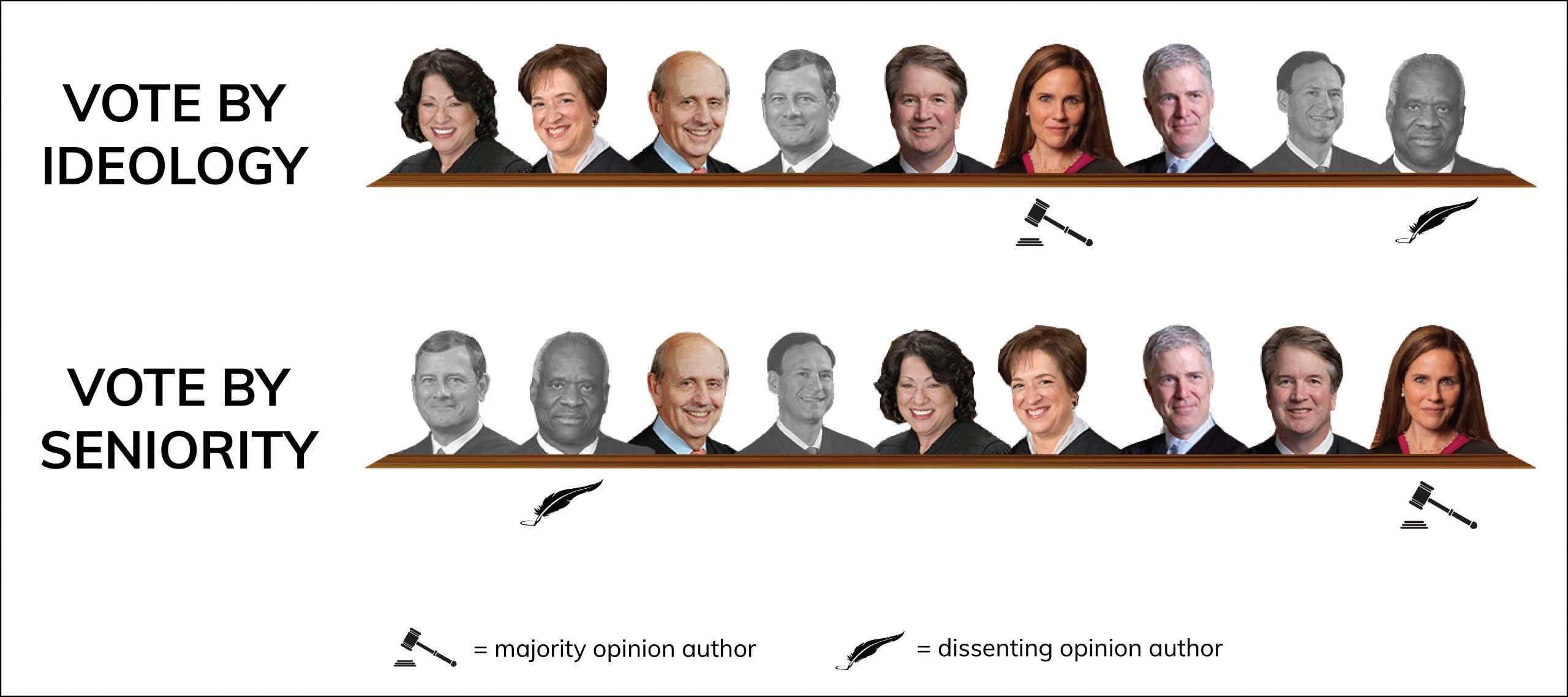Justices narrow federal computer-fraud statute


The Supreme Court on Thursday rejected the governments broad interpretation of a federal law that makes it a crime to exceed authorized access on a computer. By a vote of 6-3 with an ideologically scrambled line-up, the court overturned the conviction of a Georgia police officer who searched an official police database for personal purposes. Justice Amy Coney Barrett wrote the majority opinion.
The case, Van Buren v. United States, was the Supreme Courts first serious look at the Computer Fraud and Abuse Act of 1986. It was an important one because the government in recent years has been applying the law quite broadly, arguing that users exceed unauthorized access (and thus face federal criminal liability) whenever they use information from a computer for an impermissible reason. In this case, for example, the police officer, Nathan Van Buren, lawfully accessed computerized license-plate records, but his use of the information for a private purpose led to the federal criminal prosecution that the court has now rejected.
The relevant provision of the CFAA, Barrett wrote, covers those who obtain information from particular areas in the computer such as files, folders, or databases to which their computer access does not extend. It does not cover those who, like Van Buren, have improper motives for obtaining information that is otherwise available to them.
The six-justice majority consisted of three conservatives (Justices Neil Gorsuch, Brett Kavanaugh and Barrett) and the courts three liberals (Justices Stephen Breyer, Sonia Sotomayor and Elena Kagan). Justice Clarence Thomas wrote a dissent that was joined by Chief Justice John Roberts and Justice Samuel Alito.
Check back soon for in-depth analysis of the opinion.
Posted in Featured, Merits Cases
Cases: Van Buren v. United States
